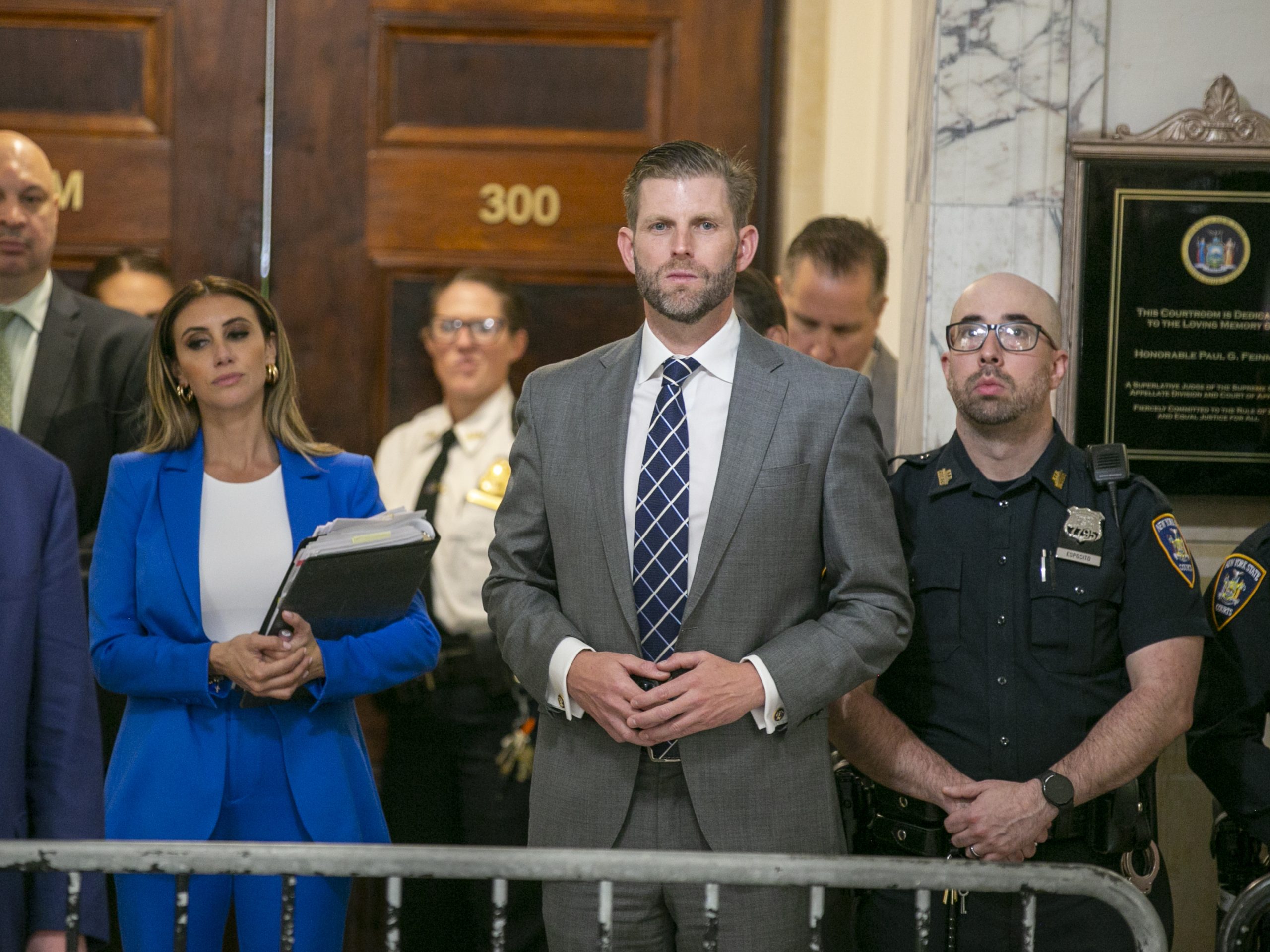SpaceX’s Starship rocket disintegrated eight minutes after its launch from South Texas on Thursday, causing significant disruptions to commercial flights over the Gulf of Mexico and delaying operations at airports in Florida. The incident marks a setback for Elon Musk’s flagship space project and has drawn regulatory attention from the Federal Aviation Administration (FAA).
The spacecraft, which carried its first test payload of satellite mockups but no crew, lost communication with mission control shortly after liftoff at 5:38 p.m. local time (10:38 p.m. GMT). Dan Huot, a communications manager at SpaceX, confirmed the loss, stating, “We’ve lost all communication with the vehicle – that essentially tells us we had an anomaly with the upper stage.”
Video footage captured by Reuters showed orange fireballs streaking across the sky over Port-au-Prince, Haiti, leaving visible smoke trails. The upper stage’s failure is reminiscent of a similar incident last March when the Starship disintegrated over the Indian Ocean. However, the current failure caused a rare ripple effect, impacting air traffic on a significant scale.
Impact on Air Traffic
According to FlightRadar24, dozens of commercial flights were rerouted or delayed, particularly those departing from Miami and Fort Lauderdale airports, which experienced delays of about 45 minutes. The FAA briefly slowed and rerouted planes around the debris impact area but reported that normal operations resumed shortly after.
The disruptions illustrate the risks posed by private rocket launches to aviation. While SpaceX aims to advance reusable spacecraft technology, the frequency of such anomalies raises regulatory and safety concerns.
Musk’s Response
Elon Musk shared a video of the debris field on his social media platform X, remarking, “Outcome was uncertain, but excitement guaranteed!” He later attributed the failure to a liquid oxygen fuel leak that caused internal pressure, ultimately leading to the rocket’s breakup.
Musk reassured stakeholders that SpaceX could address the issue promptly, minimizing delays to the Starship program. “So far, nothing suggests the next launch should be delayed by more than a month,” he said.
Regulatory Investigation
The FAA, which oversees private space launches, is expected to investigate the incident. Past FAA investigations into Starship failures have led to temporary grounding of the spacecraft to ensure safety and compliance. The agency will assess whether debris fell on populated areas or exceeded the designated hazard zone.
Competitive Landscape
The failure occurred a day after Amazon founder Jeff Bezos’ Blue Origin successfully launched its New Glenn rocket into orbit for the first time, underscoring the competitive stakes in the private space industry.
Thursday’s incident also threatens to disrupt Musk’s ambitious goal of conducting at least 12 Starship test flights this year. The Starship rocket is central to SpaceX’s plans for Mars colonization and large-scale satellite deployment, making the setbacks particularly consequential.
Musk, who recently took on a new government role under President Donald Trump, has previously criticized the FAA for over-regulation. Whether the agency’s response will delay SpaceX’s program further remains to be seen.
| Key Facts | Details |
|---|---|
| Incident Date | January 16, 2025 |
| Launch Site | South Texas, USA |
| Cause of Failure | Internal liquid oxygen fuel leak |
| Flight Disruptions | Dozens of rerouted flights, delays |
| FAA Investigation | Likely to assess debris and compliance |




















